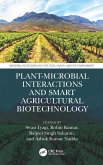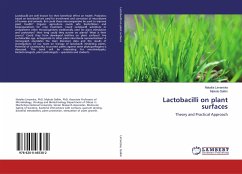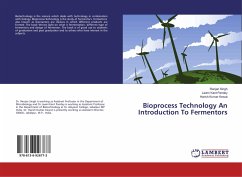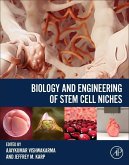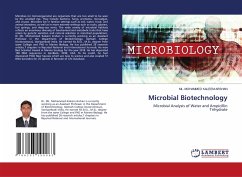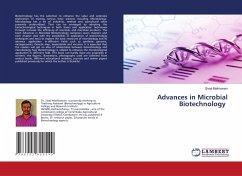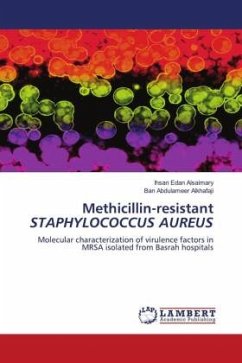Biotechnology: The Technological Applications of Genetics and Genomics, Third Edition, approaches modern biotechnology from a molecular basis, discussing how the fields of genetics, molecular biology, microbiology, and biochemistry are merging their respective discoveries into the expanding applied field of biotechnology. Each chapter starts with basic concepts that develop into more specific and detailed applications, providing readers with a good image of possibilities and current limitations in the field and future research directions. This new edition has been fully revised and updated to include research advances, and has new chapters on artificial intelligence, genome editing, precision and personalized medicine, and more. This book is an invaluable resource to anyone interested in understanding what molecular biotechnology is as a scientific discipline, how research in this area is conducted, and how this technology may impact the future.
Hinweis: Dieser Artikel kann nur an eine deutsche Lieferadresse ausgeliefert werden.
Hinweis: Dieser Artikel kann nur an eine deutsche Lieferadresse ausgeliefert werden.


